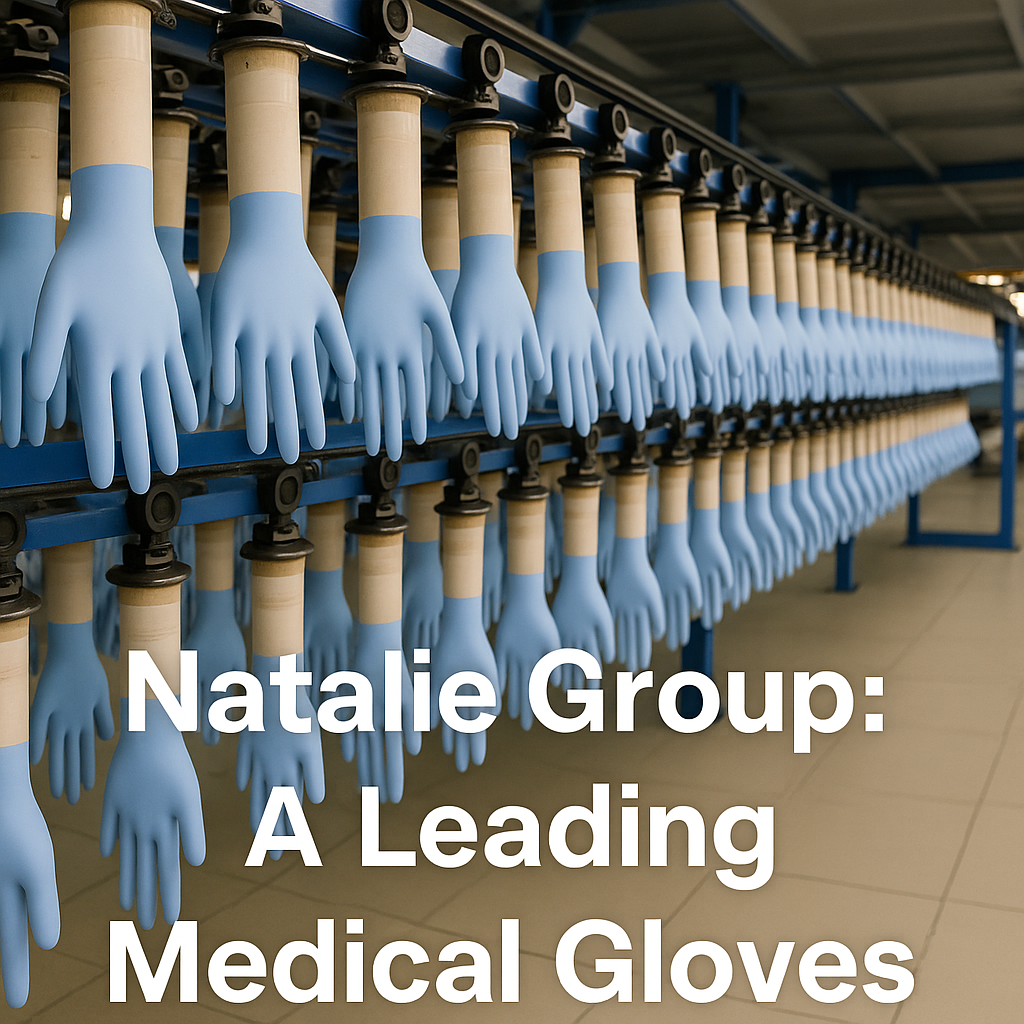Sterile surgical gloves are an essential component of surgical procedures,
providing a barrier to prevent contamination and infection.
These gloves are made from high-quality materials such as latex, nitrile, or polyisoprene, and undergo a rigorous sterilization process to ensure they are free from bacteria, viruses, and other harmful microorganisms.
In this article, we will provide general information about sterile surgical gloves and discuss some key facts about their production and distribution.
The Importance of Sterile Surgical Gloves
Sterile surgical gloves are a crucial tool in any medical setting where invasive procedures are performed. These gloves provide a physical barrier between the healthcare provider and the patient, preventing the transmission of infectious agents.
In surgical procedures, they help to minimize the risk of surgical site infections
and other complications that can arise from contamination. Sterile surgical gloves are also used in non-surgical settings such as dental offices,
clinics, and emergency medical services.
They are commonly used during patient examinations, wound care,
and other procedures that involve contact with bodily fluids.
Materials Used in Sterile Surgical Gloves
There are several materials used in the production of sterile surgical gloves, each with its unique characteristics. The most common materials are latex, nitrile, and polyisoprene.
Latex gloves are made from natural rubber and are the most widely used type of surgical glove. They are known for their durability, flexibility, and high tactile sensitivity, which makes them ideal for surgical procedures. However, some people may have an allergic reaction to latex, which can cause skin irritation, respiratory problems, and other symptoms.
Nitrile gloves are made from synthetic rubber and are an alternative to latex gloves.
They are latex-free and offer excellent chemical resistance, making them ideal for use in environments where exposure to hazardous chemicals is a concern.
Nitrile gloves also have good tactile sensitivity, but they are less flexible than latex gloves.
Polyisoprene gloves are a synthetic alternative to latex gloves and are also latex-free. They offer excellent tensile strength and elasticity, providing a comfortable fit for prolonged use.
Polyisoprene gloves are also highly resistant to tears and punctures,
making them a popular choice in surgical settings.
Sterilization of Surgical Gloves
To ensure the sterility of surgical gloves, they undergo a rigorous sterilization process. The most common method of sterilization is through the use of ethylene oxide gas, which is a powerful sterilizing agent that can penetrate the gloves and kill any microorganisms present.
Once the gloves are sterilized, they are packaged in a sterile environment and sealed to maintain their sterility until they are ready for use. Sterile surgical gloves should be stored in a cool, dry place, away from direct sunlight and sources of heat.
Selling Sterile Surgical Gloves from Malaysia to the World
Malaysia is one of the world’s leading manufacturers and exporters of sterile surgical gloves. The country is home to several top glove manufacturers, including Top Glove Corporation, Hartalega Holdings, and Supermax Corporation.
The Malaysian government has implemented several policies to support the growth of the glove industry, including tax incentives and investment grants. These policies have helped to create a favorable business environment for glove manufacturers, leading to increased investment and expansion of production capacity.
In recent years, the global demand for sterile surgical gloves has increased significantly, driven by factors such as rising healthcare expenditure, increasing awareness of the importance of infection control, and the COVID-19 pandemic.
As a result, Malaysia’s glove manufacturers have experienced a surge in demand, leading to a shortage of supply in some regions.
The Malaysian glove industry has responded to the increased demand by ramping up production and expanding their distribution networks.
They have also invested heavily in research and development to improve the quality and performance of their gloves, meeting the growing demand for more advanced and specialized products.



